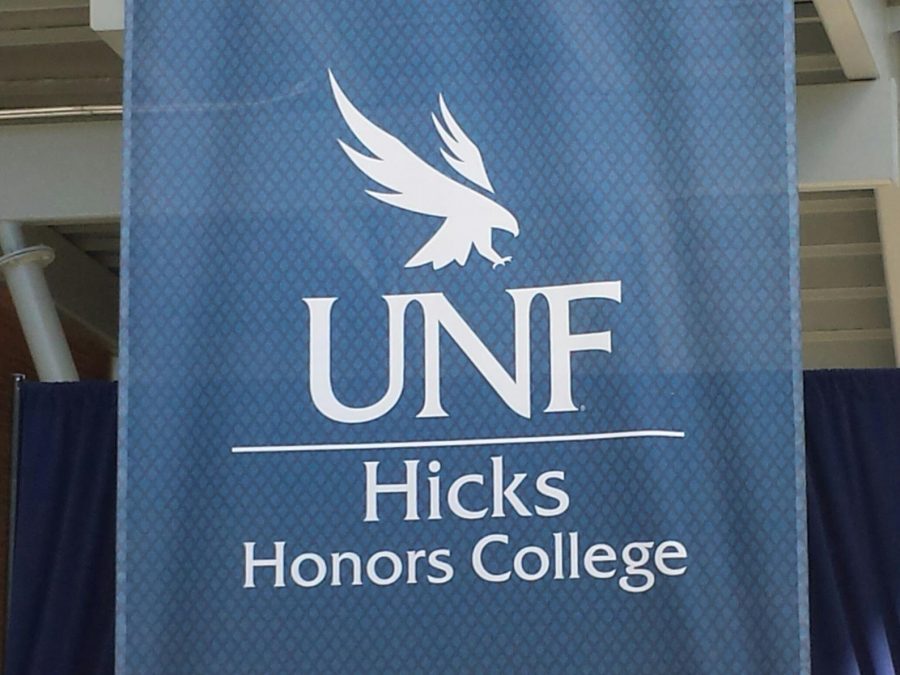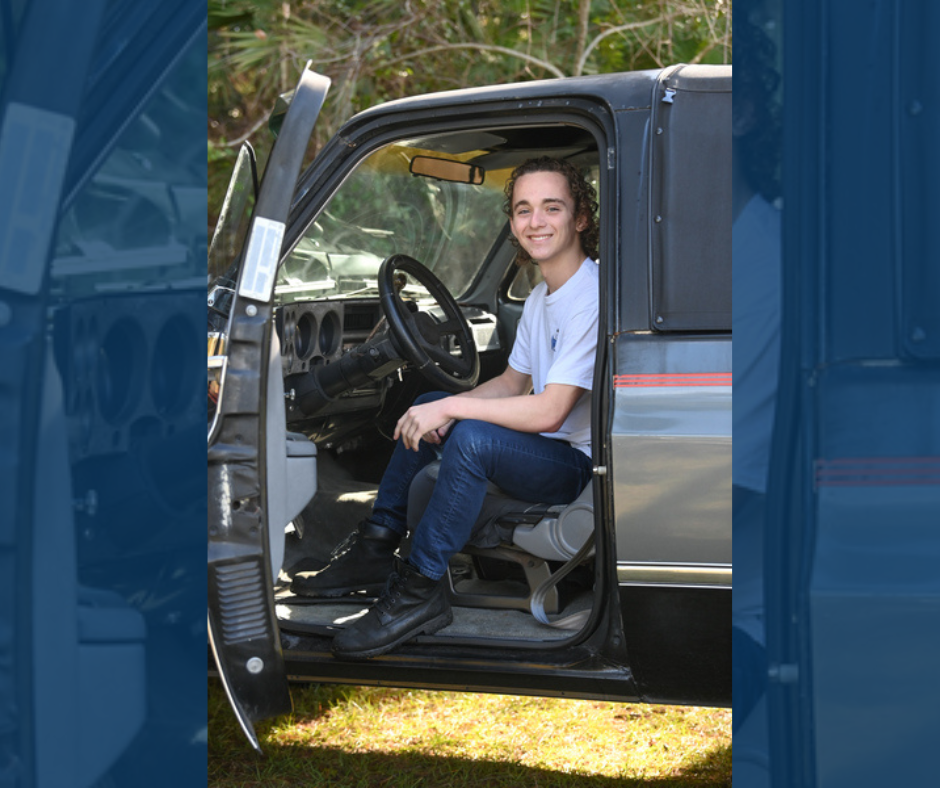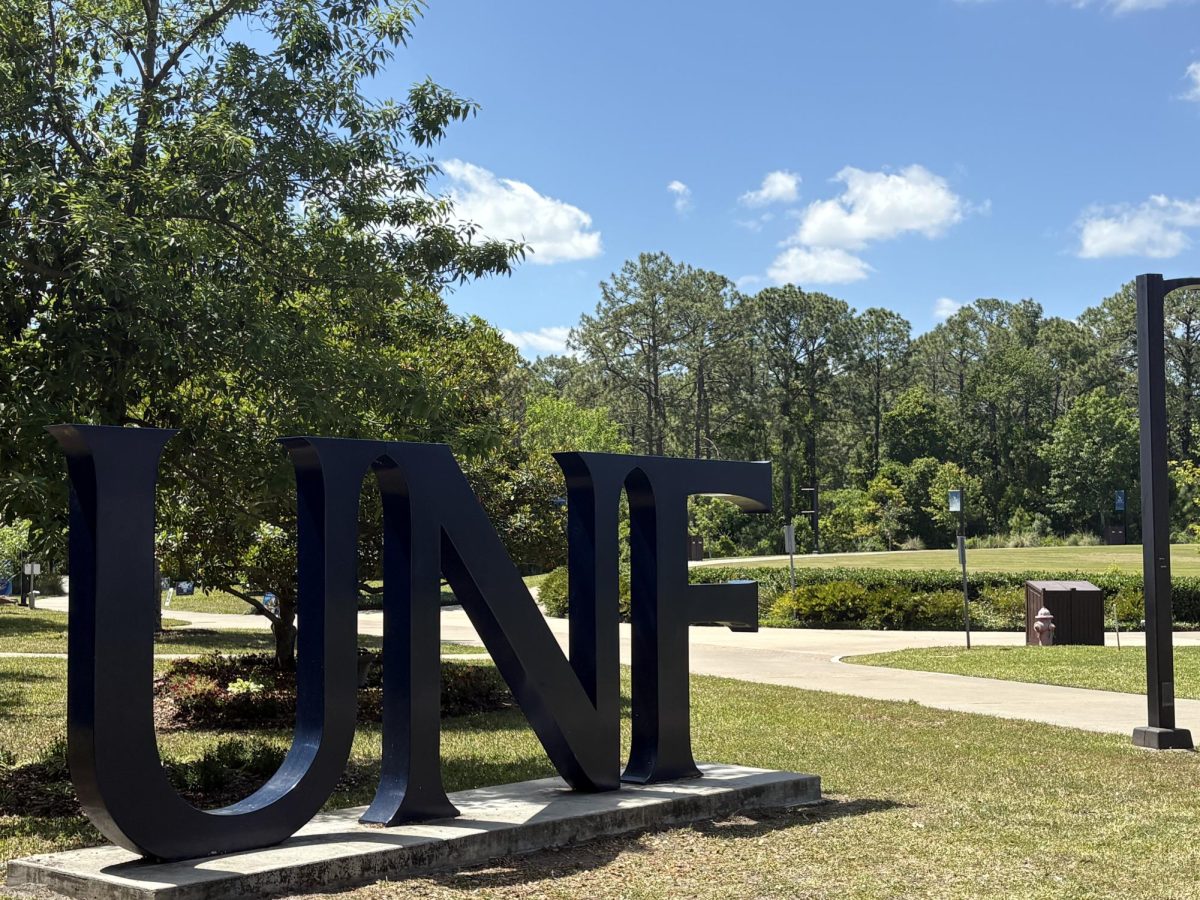Freshmen in the Hicks Honors College were taken out of class and put into a refugee simulation on Sept. 27. The simulation is held annually, and was started two years ago by Dr. Leslie Kaplan, associate director of Hicks Honors College. The goal is to put students into the role of refugees and underprivileged Americans.
Prior to the simulation, students used to listen to a panel of refugees and representatives from World Relief, Catholic Charities and Lutheran Social Services. This year, they were assigned new names and places of origin before entering the simulation, where they met their assigned families — which were composed of fellow students.
“I hope students will come away with a real deep understanding of what’s involved in being a refugee and what’s involved in the process of resettling and the process of setting up a whole new life in a different country with limited English, and difficulty with jobs,” Kaplan said.
In order for students to understand what refugees have been through, the honors freshmen are required to read many novels like “Outcasts United,” and “The Namesake”; however, this doesn’t give students a view of what refugee resettlement is like.
“But actually being put into the position of being a person who has to make these sets of decisions with all of these limitations on them would be a much more powerful experience,” Kaplan said.
Each 18 minute interval in the simulation represented a week, with students experiencing a month by the end of the simulation. Students had to pay for bills, clothes, transportation, food and school supplies. Children under 16 had to attend school every week except the last. If they didn’t send children to school or pay for food, the parents ran the risk of being put in jail. If they weren’t able to pay their bills, things like water and electricity would go out.
One of the hardest parts of the experience was the transportation. Every time an individual stopped at a station, they would have to pay a transportation bill. Each stop cost a dollar and when each student has so many errands to make and very little transportation money, things would have to be cut.
Caleb Poock, a freshman majoring in cellular and molecular biology and biotechnology, told Spinnaker about his experience as a parent.
“None of my family ended up speaking any English, and my wife and I didn’t have any job experience, and I ended up being HIV positive,” Poock said. “So there were medical bills, and we had to get an interpreter, or use hand gestures, and hoped that people would understand what we would trying to say for a lot of the services.”
Poock said although in the class they learned about the hardships refugees have getting to America, he hadn’t considered what happened to them afterward.
“In addition to all of the struggles that they have with regards to language difference and culture,” he said, “they were applying for jobs, getting children to school, a lot of things that I take for granted because I haven’t had to do them yet. My parents have always taken care of that.”
Freshman communication major Lauren Willins said she was upset with other students stealing necessary items that were needed to survive. At the beginning of the simulation, the volunteers told students they could steal items from other groups, but just don’t get caught by police.
“I kinda of just assumed that everyone else would have been like ‘oh yeah it’s cool that we can steal, but let’s not do it anyway,’” Willins said. “I kind of believed in the good of humanity and then everyone stole from each other except for us and I was pretty bummed afterwards.”
Throughout the year, these students will be going out to the refugees of the local area to mentor and give help. The students will also be organizing events that will invite local refugees to come on campus for the upcoming holidays (Halloween and Thanksgiving) and to have fun during a difficult period in the refugees lives.
—
For more information or news tips, or if you see an error in this story or have any compliments or concerns, contact editor@unfspinnaker.com.












theunpopularthought | Oct 5, 2016 at 8:26 am
Oh no, that means that our crime statistics must have gone up. So the first thing UNF does to new students is let them know what type of brainwashing/ education they will get. Was this mandatory? I hope not.
Chris Barker | Sep 29, 2016 at 8:59 pm
BS, why not throw them into a simulation of Angie Merkel’s “I am a rape victim of a refugee?” These creatures don’t even have the testicular fortitude to stay in their homeland and fight for their rights, yet they come over here and want Sharia Law. F them all to hell!!!!